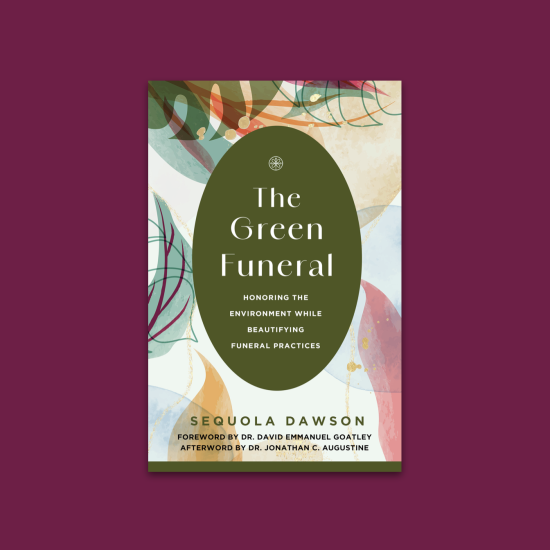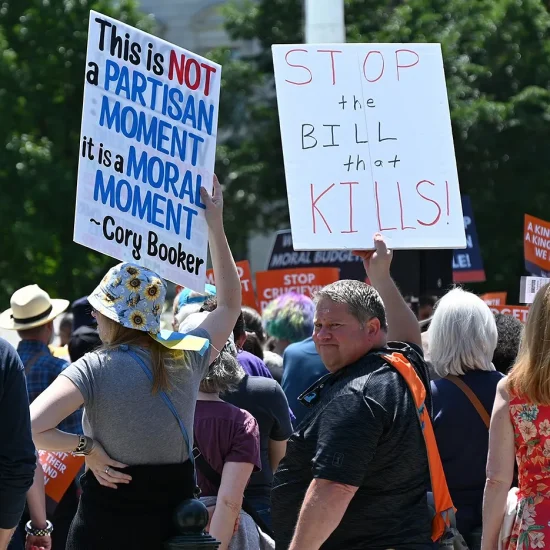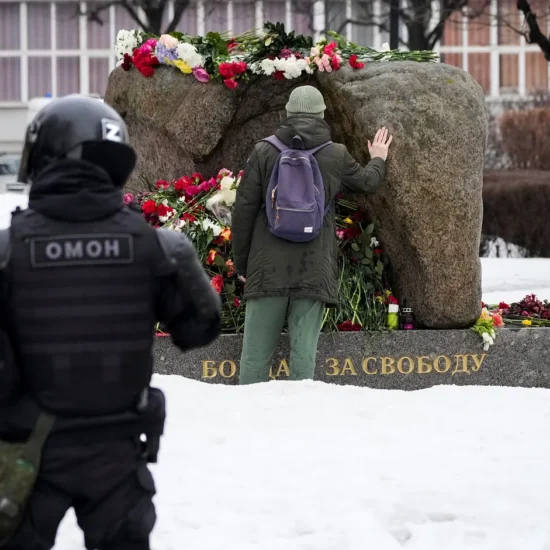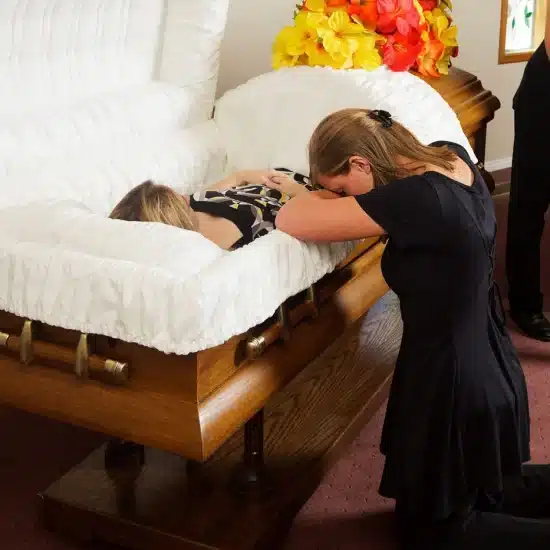Blessed are those who mourn, for they will be comforted. — Matthew 5:4 (NIV)
The word to “mourn” is the strongest Greek word that means to mourn or grieve for a dead loved one. In the Septuagint, the Greek version of the Old Testament, this word is used to describe Jacob’s mourning when he thought his son, Joseph, was dead (Genesis 37:34).
Jesus identified mourning as a blessing because when we mourn the death of our loved one, God will make sure we are comforted. God uses fellow believers as comforters to those who are mourning.
In their books, Hardy Clemons and Paul W. Powell identify several actions believers can do to be effective comforters to meet the needs of mourning friends. These are caregiving actions that begin at the funeral visitation and continue for many months to help a mourning friend.
Some comforter actions to offer at a funeral visitation:
Attend the visitation — Give the gift of your presence. Be brief with words of support. Our words may not be our friend’s primary need. Our presence is what counts. In the months to come, they will not remember what we said to them but they will remember we came to the visitation.
Be a listener — Mourners need the comfort of talking. Talking is an effective means of releasing emotions, fears, joys and sadness.
Talking is the beginning of the mourner’s healing process. So let her or him talk about everything connected with losing a loved one.
Listening will help as much as anything you do. Oh, and be comfortable with times of silence while the mourner is thinking before speaking.
He or she may also just want to sit with you for a while. That is okay because sitting with the individual is an act of ministry.
Be a good questioner — Ask brief, specific questions about the loved one who has died. Ask how family members are feeling about and are dealing with the death.
Do not ask about the weather, sports teams, politics or other community events. At this time, for the mourner and the family, the lost loved one is the focus of this visit.
Comfort the children — Jesus took time for children and so should we. If the mourner has children at the visitation, realize these children are grieving, too. Often, they are neglected during the visitation time.
The greatest gift a comforter can give the children is time to sit with them with a listening ear and allow them to express their feelings, too.
Some comforter post-funeral actions include:
Grief goes on — After the funeral, the mourner begins serious grief work. The individual needs to know grieving takes a long time. It is a personal battle but God will help them, and the comforter will help, too. Both God and the comforter will listen when the mourner needs to share feelings of pain, grief and aloneness.
Advise the mourner to wait on major decisions — Explain to the mourner that while deep in grief, he or she may decide to sell a home, quit a job, move to a new town or change financial investments. Then later, he or she may regret such actions. Encourage the mourner to wait to make such decisions until after the time of deep grief.
Offer specific help — Match your skills with the person’s needs. Ask if there are some specific things you can do to help. Be specific: “Do you need me to mow your lawn? Do you need transportation? May I take you out to eat once a week? Do you need housecleaning help?”
Be an encourager — Holidays are the worst times of the year for mourners. Comforters have found sending Christmas, New Year’s, Easter, birthday and other holiday cards as great encouragers to mourners.
Being a comforter is a wonderful ministry as we help friends heal their broken hearts. Be willing to answer God’s call to be a comforter in your church and community.
Frank Frain is director of educational services for The Baptist Home. His 55+ Adults column appears each month in Word&Way.






